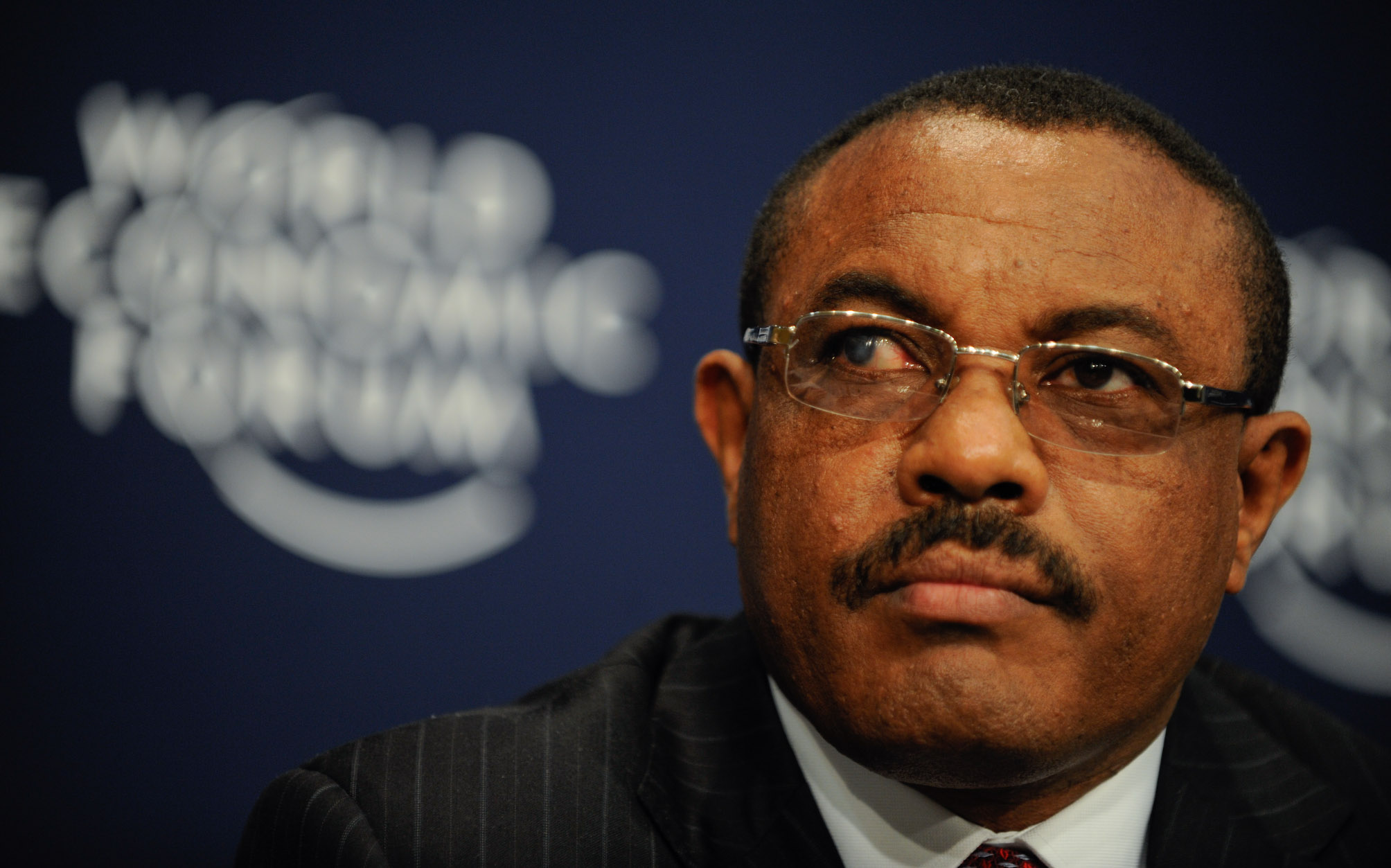Like this article? rabble is reader-supported journalism. Chip in to keep stories like these coming.
Last Tuesday, members of the Ethiopian community in Winnipeg called on Canada to sanction the North East African country. The protesters are angry about the regime’s violent crackdown in the Oromiya and Amhara regions of northern Ethiopia. Hundreds of peaceful protesters have been killed and many more jailed since unrest began over a land dispute 10 months ago.
As protesters called for sanctions in Winnipeg, Parliamentary Secretary to the Minister of International Development Katrina Gould was in Addis Ababa. During a meeting with the Foreign Minister she was quoted saying, “Ethiopia has managed to be a sea of stability in a hostile region.”
Gould’s trip follows on the heels of Harjit Sajjan’s visit last month. According to an Ethiopian News Agency summary, the defence minister told Prime Minister Hailemariam Dessalegn “Canada values Ethiopia’s contribution in trying to bring stability to Somalia and the South Sudan.”
In 2006, 50,000 Ethiopian troops invaded Somalia, which saw about 6,000 civilians killed and 300,000 flee the country. Washington prodded Addis Ababa into intervening and the U.S. literally fuelled the invasion, providing gasoline, arms and strategic guidance as well as launching air attacks.
The invasion and occupation led to the growth of al Shabab. Since the Ethiopia-U.S. invasion the group has waged a violent campaign against the foreign forces in the country and Somalia’s transitional government. During this period al Shabab has grown from being the relatively small youth wing of the Islamic Courts Union to the leading oppositional force in the country. It has also radicalized and has turned from being a national organization towards increasing ties to Al Qaeda.
The Stephen Harper Conservatives government’s public comments on Somalia broadly supported Ethiopian -U.S. actions. They made no criticism of U.S. bombings and when prominent Somali-Canadian journalist Ali Iman Sharmarke was assassinated in Mogadishu in August 2007, then-Foreign Minister Peter Mackay only condemned “the violence” in the country. He never mentioned that the assassins were pro-government militia members with ties to Ethiopian troops. The Conservatives backed a February 2007 UN Security Council resolution that called for an international force in Somalia. They also endorsed the Ethiopia-installed Somali government, which had operated in exile.
In what was perhaps the strongest signal of Canadian support for the outside intervention, Ottawa didn’t make its aid to Ethiopia contingent on withdrawing from Somalia. Instead they increased assistance to this strategic U.S. ally that borders Sudan, Eritrea and Somalia. In 2009 Ethiopia was selected as a “country of focus” for Canadian aid and this status was reaffirmed in 2014. As one of the top donors, Canada has been spending over $100 million a year in the country.
Providing aid to Ethiopia has been controversial not only because of the invasion and occupation of its neighbor. An October 2010 Globe and Mail headline noted: “Ethiopia using Canadian aid as a political weapon, rights group says.” Human Rights Watch researcher Felix Horne claimed Ottawa contravened its Official Development Assistance Accountability Act by continuing to pump aid into Ethiopia despite its failure to meet international human-rights standards. In addition to arbitrary detentions, widespread torture and attacks on political opponents, the Ethiopian government systematically forced rural inhabitants off their land. This “villagization” program cut many off from food and health services.
Canadian aid to Ethiopia faced another challenge. In February 2012 the family of a Somali-Canadian businessman sued Harper’s Conservatives to prevent them from sending aid to Ethiopia until Bashir Makhtal was released from prison. In January 2007 Makhtal was “rendered” illegally from Kenya to Ethiopia, imprisoned without access to a lawyer or consular official for 18 months and then given a life sentence. The lawsuit was a last ditch effort by the Makhtal family to force Ottawa’s hand.
Ottawa should take the recent protests by Ethiopian Canadians seriously. It can start by reversing its near total silence about the recent repression, which included dozens of demonstrators shot dead three days before Sajjan’s visit. While severing aid to pressure a government is often fraught with complications, Canada’s current policy seems to be enabling Ethiopia’s repressive, interventionist policies.
“Canada’s aid to Ethiopia has been a failed experiment in turning brutal dictators into democrats,” Ethiopian-Canadian human-rights activist Yohannes Berhe told the Globe and Mail. Ottawa’s policy is “tantamount to encouraging one of the most repressive regimes in Africa.”
Like this article? rabble is reader-supported journalism. Chip in to keep stories like these coming.
Image: Flickr/World Economic Forum




